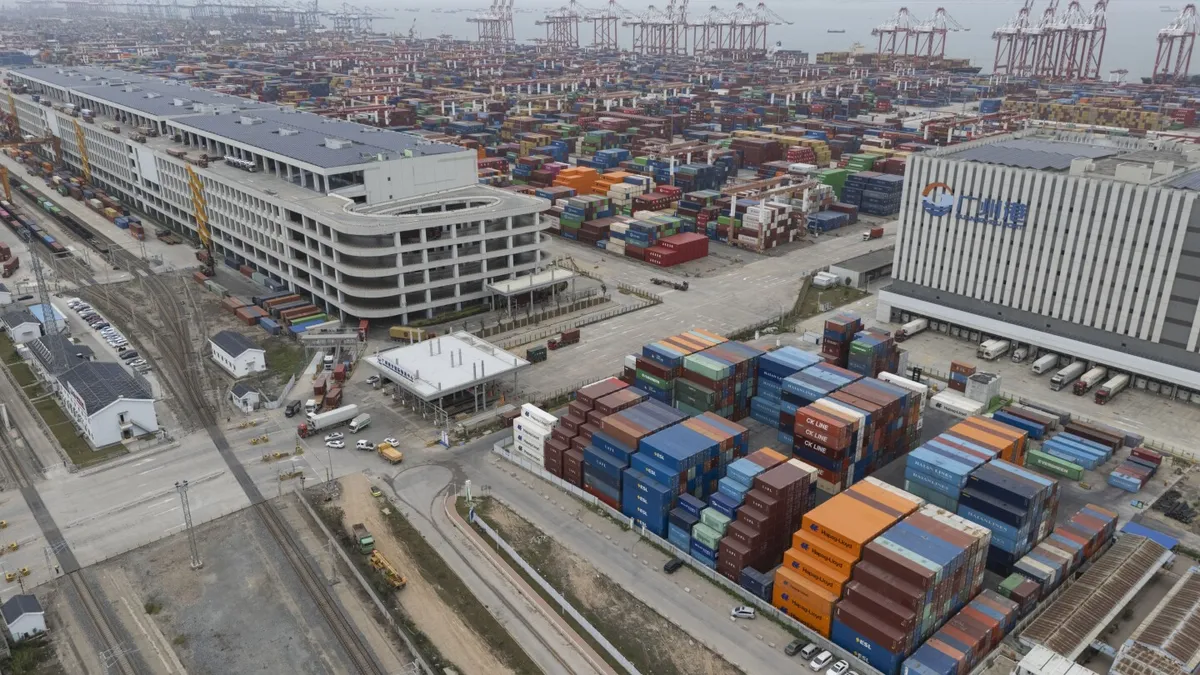
On Friday, China’s Commerce Ministry announced that Beijing is actively evaluating various approaches proposed by the Trump administration regarding trade talks. However, the ministry firmly stated that the steep tariffs imposed by Washington must be eliminated for any meaningful discussions to take place. The official statement reiterated China's openness to negotiations while emphasizing its readiness to defend its interests if necessary, highlighting that these one-sided tariffs, which can reach as high as 145%, pose a significant obstacle to building trust between the two nations.
The ministry expressed that the tariff and trade wars were initiated unilaterally by the United States. It urged the U.S. to demonstrate sincerity in its intentions to negotiate by taking concrete actions, such as correcting unfair practices and rescinding the unilateral imposition of tariffs. An unnamed spokesperson from the ministry noted that Beijing is aware of various statements from senior U.S. officials indicating a willingness to engage in negotiations over tariffs. However, China emphasized that any overtures without a change in President Donald Trump's aggressive tariff policies would be perceived as insincere.
Despite the ongoing public holiday in China, where government offices and markets are closed, financial markets reacted positively. Share prices in Hong Kong surged by 1.7%, while Taiwan’s benchmark index climbed by 2.2%. U.S. futures also showed an upward trend, reflecting optimism among investors. As of Friday, the Trump administration is discontinuing a duty-free exemption on low-value imports from China, which is expected to lead to higher prices and potential delivery delays, as tariffs will be collected on every shipment.
In response to Trump's tariff hikes, China has retaliated by imposing its own duties on U.S. products, raising tariffs to as high as 125%. Additionally, China has tightened restrictions on the export of strategically important minerals to the U.S. and has halted imports of various U.S. agricultural products. In a strategic move, China is also collaborating with other countries to form a united front against the U.S. while enhancing its countermeasures to mitigate the impact of Trump's tariffs.
President Trump has implemented a global 10% import tax aimed at encouraging manufacturers to relocate their factories back to the United States. He has also ordered double-digit "reciprocal" tariffs for numerous countries, although their implementation was postponed for 90 days to facilitate negotiations. The toughest measures have been directed at China, which is recognized as the world's largest exporter and the second-largest economy. Trump's fluctuating announcements of higher tariffs and subsequent suspensions have left businesses, investors, and consumers unsure about the future, adversely affecting consumer confidence.
Treasury Secretary Scott Bessent, who is spearheading the administration’s approach to China, has conveyed expectations that Beijing will eventually seek dialogue due to the unsustainability of the current tariff situation. In a recent interview with Fox Business, Bessent stated that the core issue with China extends beyond high tariffs to include various barriers. He highlighted concerns about intellectual property theft, including trademark infringements and cyberhacking, noting that "everything is on the table" regarding the economic relationship between the two nations. Despite this, Beijing has shown minimal willingness to compromise, with its foreign ministry recently releasing a strong statement on social media accusing the U.S. of "stirring up a global tariff storm," asserting that China will not "kneel down" in the ongoing trade war.
In conclusion, as the trade tensions continue, the possibility for future negotiations remains uncertain, hinging largely on the reversal of existing tariffs and the willingness of both parties to engage in genuine dialogue.